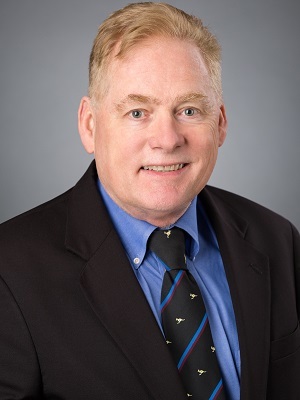
MorgueFile - dhester
The U.S. Food and Drug administration's public meeting in May about the agency's human drug lifecycle benefit-risk activities has already attracted a recommendation from a regulatory and policy researcher: “stop doing these analyses.”
“Here's why,” Richard Williams, a senior affiliated scholar at the Mercatus Center at George Mason University in Fairfax Virginia, told FDA Health News. “These analyses are done to inform decisions about drugs for anyone who has a health condition. Some drugs work on most people, but some only work on a small fraction.”
The lack of universal drug efficacy for all humans is why doctors usually end up narrowing down what will work for their individual patient, Williams said.
However, the FDA, as part of its drug approval process, goes through multiple trials, including two randomized clinical trials (RCTs) to determine efficacy, as well as safety, side effects and effectiveness, in thousands of patients, Williams said. If no statistical increase is noted between groups who receive a drug on trial and those receiving a placebo, they drug is does not receive FDA approval and may not be used by anyone.

Richard Williams, a senior affiliated scholar at the Mercatus Center at George Mason University
Image courtesy of Mercatus Center
“That's the hitch,” Williams said. “If the drug worked for some people in the test group, but not enough, people like them will never get the drug. That’s the information we want to know and, increasingly, obtaining that individual-specific information is possible.”
Williams, former Mercatus director of the center's regulatory studies program, and the former vice president of policy research, is an expert in benefit-cost analysis and risk analysis, particularly associated with food safety and nutrition. Williams currently consults on marginal regulation and is writing a book about the FDA.
The FDA's public meeting to discuss the agency's benefit-risk activities in the human drug lifecycle is scheduled for 9 a.m. to 5 p.m. on May 16 at the Tommy Douglas Conference Center, 10000 New Hampshire Ave., Silver Spring, Maryland. The meeting is intended to help the FDA write guidance about how best to do benefit-risk assessment prior to deciding whether to allow a drug on the market, how that information should be communicated and how drugs on the market should be assessed.
Comments will also be accepted electronically via the Federal eRulemaking Portal.
What the FDA's current human drug lifecycle benefit-risk activities don't allow for is the individualized, or personalized, medicine that doctor's usually work out with their patients, Williams said.
“With it, we will be able to find many useful drugs that would not pass an RCT,” he said. “There is no reason for the expense of the multiple RCT trials. There is no way to know how many lives would have been saved if FDAs lengthy, expensive drug trials — $2.6 billion — were scaled back. Nor is it possible to know how many of the 88 percent of drugs that do not make it to patients (that fail RCTs) would have proven useful for at least some of them.”
The FDA's current procedure does nothing to get drugs onto the market sooner, Williams said.
“The number of new drugs approved annually in the U.S. has not changed in 60 years,” he said. “We need new policies to advance personalized medicine which will cure or prevent diseases in more people and save money. As we move to personalized medicine, perhaps we can eliminate a lot of efficacy RCTs and focus more on what works for specific populations of patients. We can leave the preferences for the risks and benefits to those individuals and their doctors, not to population surveys and centralized decision makers.”




